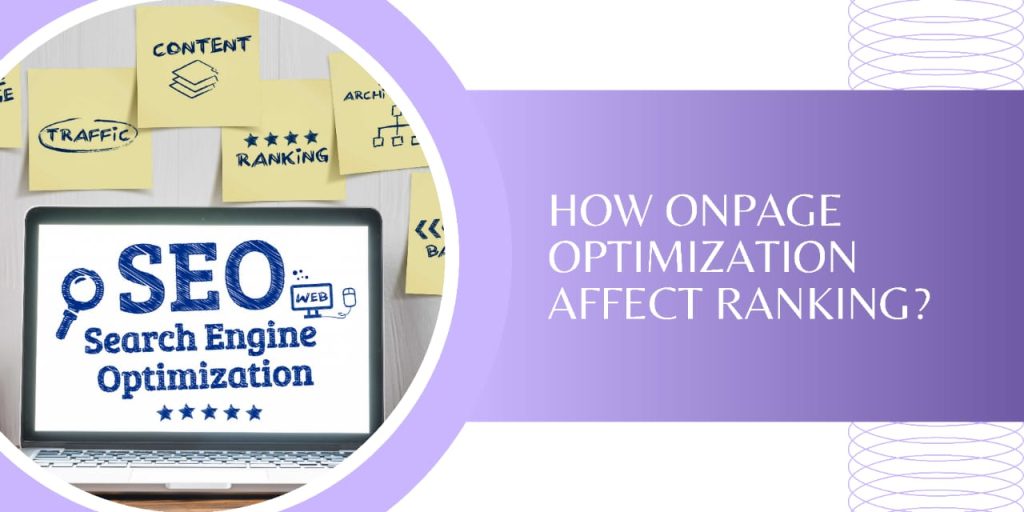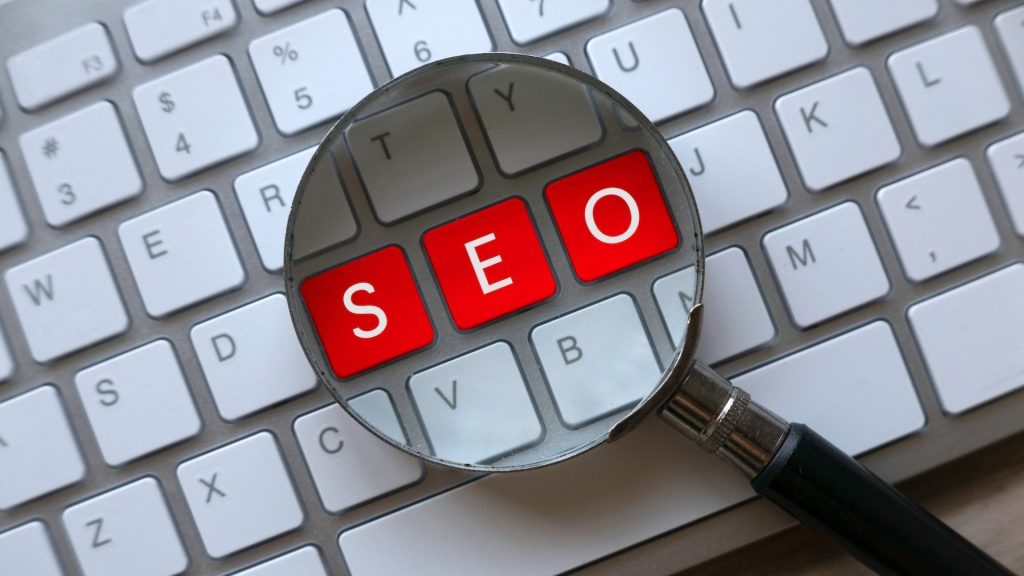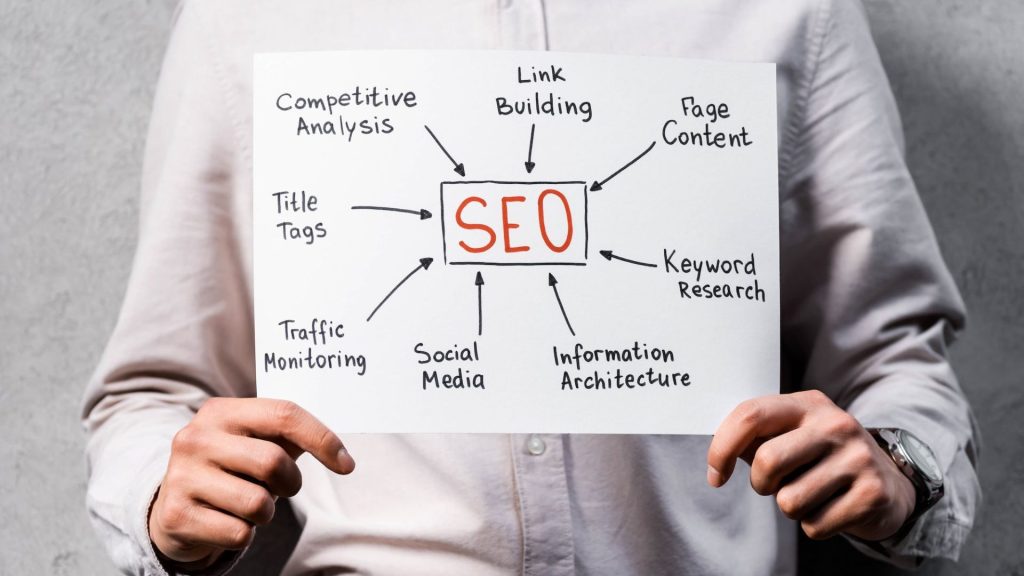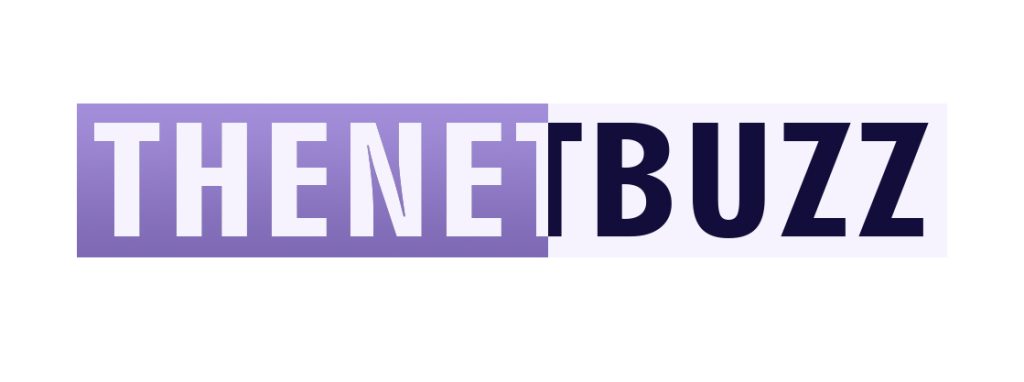How On-Page Optimization affect Ranking
topbim
March 31, 2023

On-page optimization is important for search engine rankings because it helps search engines understand what your web pages are about and how relevant they are to the search query.
Here are some of the ways that on-page optimization can affect your websites ranking:
1. Relevance: On-page optimization helps search engines understand the relevance of your web pages to a specific search query. By optimizing your content for specific keywords and phrases, you can help search engines understand what your page is about and what it should rank for.
2. User Experience: Search engines like Google also consider user experience when ranking web pages. By optimizing your on-page elements, such as page titles, meta descriptions, headers, and content, you can create a better user experience that can lead to higher engagement and longer time on site, which can ultimately improve your search engine rankings.
3. Crawlability: On-page optimization also helps search engines crawl and index your website more efficiently. By optimizing your website's structure, URL structure, internal linking, and other technical elements, you can ensure that search engines can easily find and index all of your web
pages.
4. Mobile Optimization: With the rise of mobile devices, optimizing your website for mobile is also important for search engine rankings. On-page optimization can include techniques such as responsive design, mobile-friendly content, and fast loading times, all of which can improve your websites rankings for mobile searches.
In summary, on-page optimization is crucial for search engine rankings because it helps search engines understand the relevance and value of your web pages, improves user experience, and makes your website more crawlable and mobile-friendly.
Factors involved in On-Page Optimization
On-page optimization involves several factors that can impact your websites search engine ranking.
Here are some of the key factors involved in on-page optimization:
1. Content: Content is the most important on-page factor in SEO. Your content should be relevant high-quality, and optimized for the target keyword or topic. It should also be engaging and informative for users.
2. Title Tag: The title tag is the text that appears at the top of a web page in the search results. It should be optimized for the target keyword and should accurately describe the content of the page.
3. Meta Description: The meta description is the text that appears below the title tag in the search results. It should be optimized for the target keyword and should provide a brief summary of the content on the page.
4. Headers: Headers, such as H1, H2, and H3, should be used to organize the content on the page and should be optimized for the target keyword or topic.
5. URL Structure: The URL structure of your website should be optimized to be descriptive and
easy to read for both users and search engines. The target keyword or topic should be included
in the URL if possible.
6. Internal Linking: Internal linking helps search engines understand the structure of your website
and how the pages are related to each other. It can also help distribute link equity throughout
your website.
7. Image Optimization: Images should be optimized for search engines by including descriptive alt
text and file names that include the target keyword.
8. Page Speed: Page speed is an important factor in user experience and search engine rankings.
Your website should load quickly to provide a good user experience and improve your search
engine rankings.
In summary, on-page optimization involves optimizing several factors on your website, including content, title tags, meta descriptions, headers, URL structure, internal linking, image optimization, and page speed. By optimizing these factors, you can improve your websites search engine ranking and provide a better user experience for your visitors.



